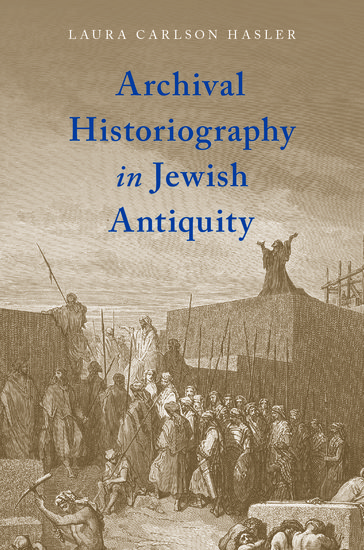The question of how the Bible received its unusual form has been a question addressed by scholars since critical study of the text began. Early attention focused on the Pentateuch and the Primary History. Archival Historiography in Jewish Antiquity argues that Ezra and Nehemiah, late texts sometimes overlooked in such discussions, reveal another piece of this long standing puzzle. Laura Carlson Hasler suggests that the concept of archival historiography makes sense of Ezra and Nehemiah's unusual format and place in the Bible. Adapting the symbolic quality of ancient Near Eastern archives to their own purposes, the writers of these books found archiving an expression of religious and social power in a colonized context. Using the book of Esther as a comparative example, Carlson Hasler addresses literary disruption, a form unpalatable to modern readers, as an expected element of archival historiography. This book argues that archiving within the experience of trauma is more than sophisticated history writing, and in fact served to facilitate Judean recovery after the losses of exile.
Winner of the 2021 Manfred Lautenschlaeger Award for Theological Promise.

 The College of Arts
The College of Arts